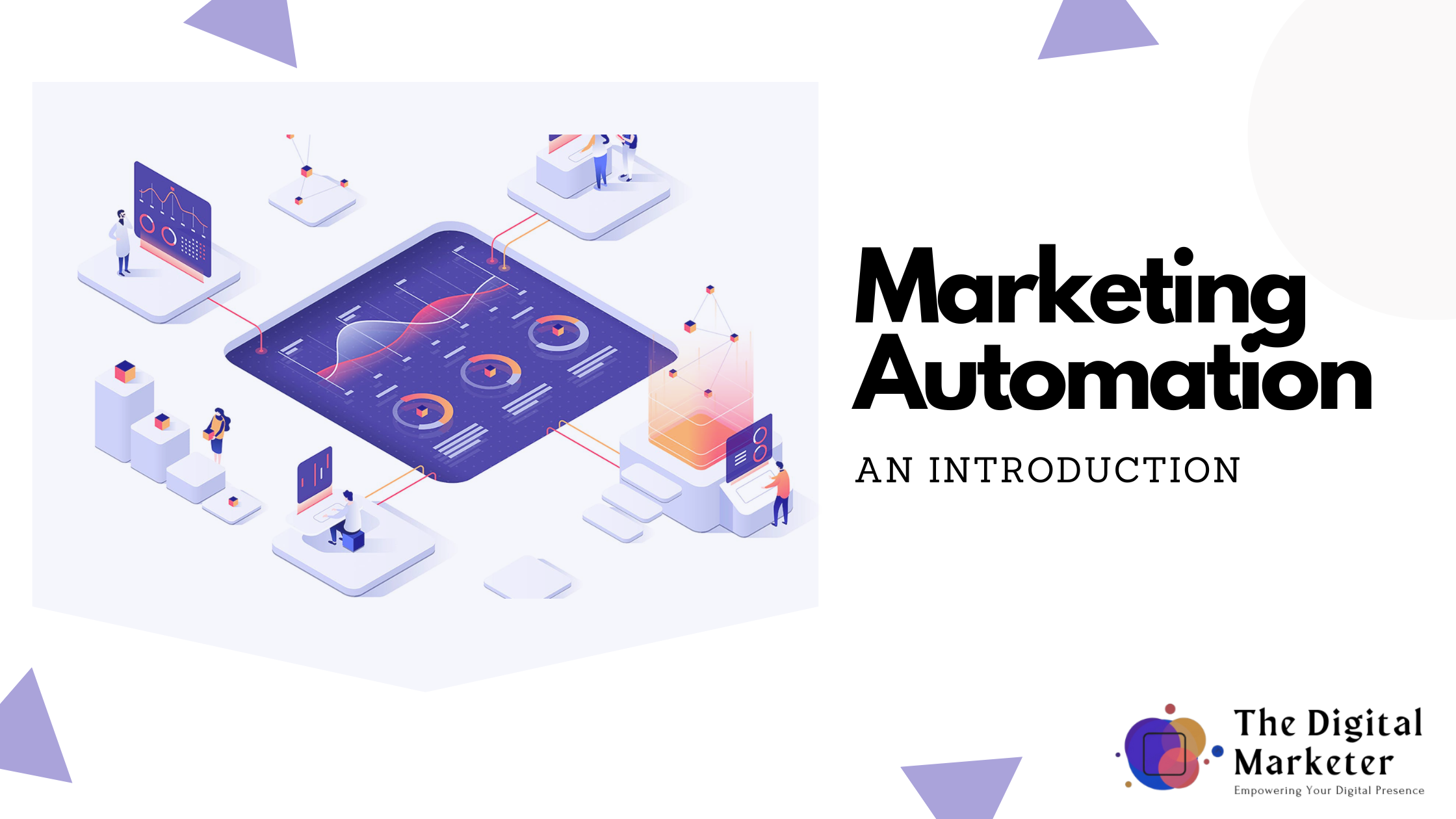In the modern landscape of digital marketing, the utilization of automation tools has become paramount. Marketing Automation Software refers to technology platforms and software that help streamline marketing efforts by automating repetitive tasks, enabling businesses to effectively target, engage, and nurture their audiences.
Table of Contents
Understanding Marketing Automation
What is Marketing Automation?
Marketing Automation involves using software and technology to automate marketing processes, such as email marketing, social media posting, customer segmentation, and campaign management. It aims to increase efficiency, optimize workflows, and generate better results by automating repetitive tasks.
Evolution of Marketing Automation
The concept of marketing automation has evolved significantly over the years. Initially focused on basic email marketing automation, it has expanded to encompass various aspects of digital marketing, including personalized messaging, lead management, and analytics.
Key Features and Benefits
Automation Tools and Capabilities
Marketing Automation Software offers a range of tools and capabilities such as email marketing automation, lead nurturing, behavior-based triggers, analytics, and reporting. These features empower businesses to create targeted campaigns and measure their success effectively.
Advantages for Businesses
The adoption of Marketing Automation Software provides several benefits to businesses. It enables enhanced lead generation, improved customer engagement, increased operational efficiency, and better ROI on marketing efforts.
How Marketing Automation Works
Workflow and Processes
Marketing Automation works by setting up workflows that automate marketing tasks based on predefined conditions or triggers. It involves creating a sequence of actions that guide prospects through the sales funnel, from initial contact to conversion.
Integrations and Data Management
These systems integrate with Customer Relationship Management (CRM) software and other tools to manage and utilize customer data effectively. This integration ensures a seamless flow of information across different platforms.
Types of Marketing Automation Software
Email Marketing Automation
One of the most common forms of marketing automation, email marketing tools automate the process of sending personalized and targeted emails to specific segments of the audience.
Social Media Automation
These tools help in scheduling and publishing content across various social media platforms, enabling consistent and timely engagement with the audience.
CRM Integration
Integration with Customer Relationship Management software allows businesses to align their marketing and sales efforts, resulting in a unified approach to customer interactions.
Choosing the Right Marketing Automation Software
Factors to Consider
When selecting Marketing Automation Software, businesses should consider factors like scalability, ease of use, integration capabilities, customer support, and pricing.
Top Providers in the Industry
There are several renowned providers in the Marketing Automation Software industry, including HubSpot, Marketo, Pardot, and Mailchimp, each offering unique features and solutions.
Implementing Marketing Automation
Best Practices and Strategies
Successful implementation involves defining clear goals, segmenting the audience, creating compelling content, and continuous testing and optimization of campaigns.
Overcoming Implementation Challenges
Challenges in implementation may include data integration issues, lack of skilled personnel, or resistance to change. Addressing these challenges is crucial for successful deployment.
Future Trends in Marketing Automation
AI and Machine Learning Integration
The future of marketing automation lies in leveraging Artificial Intelligence and Machine Learning algorithms to enhance personalization, predictive analytics, and customer experience.
Personalization and Customer Experience
Businesses will continue to focus on delivering personalized experiences, utilizing data-driven insights to tailor messages and offerings to individual customer preferences.
Conclusion
Marketing Automation Software has revolutionized the way businesses engage with their audience, offering efficiency, precision, and scalability. As technology continues to advance, integrating these tools will be vital in staying competitive and meeting customer expectations.
FAQs
- What is the primary purpose of Marketing Automation Software?
- Marketing Automation Software aims to automate repetitive marketing tasks, enhance efficiency, and improve targeting and engagement with the audience.
- How does Marketing Automation benefit businesses?
- It provides benefits such as increased lead generation, improved customer engagement, operational efficiency, and better ROI on marketing efforts.
- What are some challenges in implementing Marketing Automation?
- Challenges may include data integration issues, lack of skilled personnel, or resistance to change within the organization.
- Which are some popular Marketing Automation Software providers?
- Renowned providers include HubSpot, Marketo, Pardot, and Mailchimp, each offering unique features and solutions.
- What role will AI play in the future of Marketing Automation?
- AI integration will drive personalization, predictive analytics, and improved customer experiences in the future of marketing automation.

